As the world is experiencing a surge in coronavirus cases after reopening and relaxing social distancing restrictions, it’s becoming clear that face masks should once again be a part of our daily lives. And at this point, we’d better know which masks really protect us and which ones just make things worse.
The team of scientists at Duke University in North Carolina carried out tests on 14 face coverings of different styles, from cotton masks to bandanas and neck fleeces. They employed an optical measurement method using a camera and laser pointer to illuminate particles emitted by a person when wearing each face covering.
The tests showed which masks are more and less effective. So, let’s take a look at the illuminating results down below.
The researchers at Duke University tested these 14 different styles of face coverings to see how effective they really are

Image credits: dukehealth
Three-layer surgical masks performed well at stopping the spread of the coronavirus
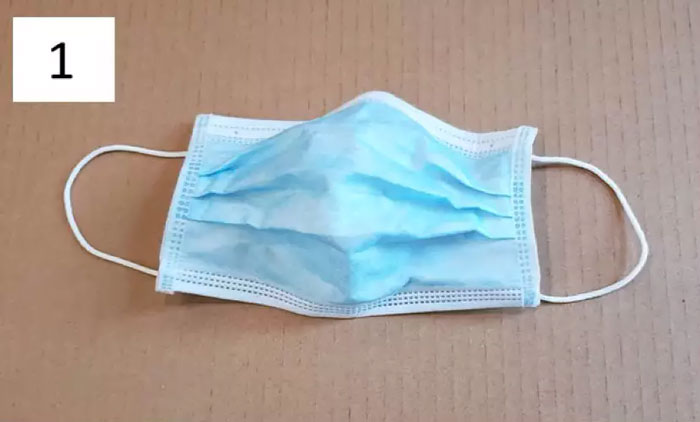
The valved N95 masks do not compromise the protection of the wearer, but can decrease protection of others surrounding the wearer
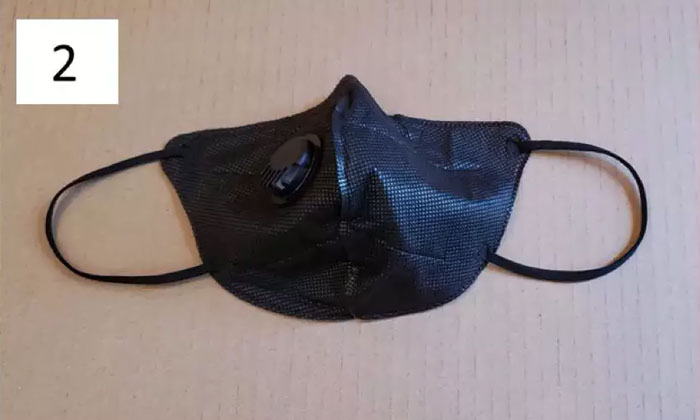
Knitted masks performed next worst in stopping the droplets
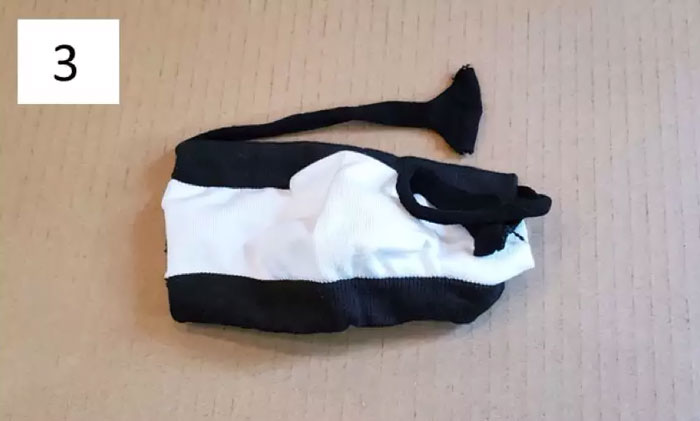
Polypropylene masks came in third best in protecting from the virus
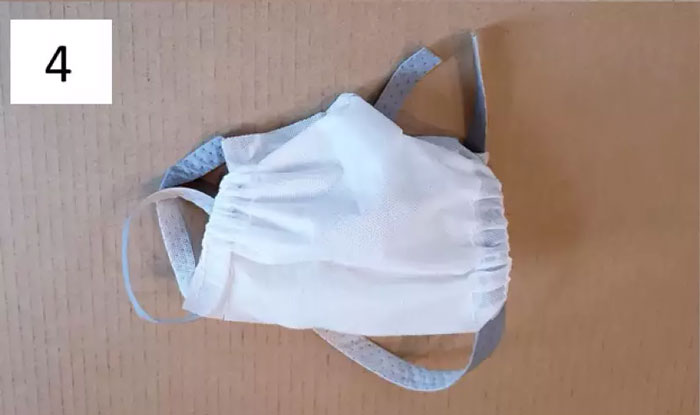

The one-layer Maxima AT mask didn’t stand out from the other masks

Cotton masks that can be made at home also proved to be effective at stopping the spread of the virus
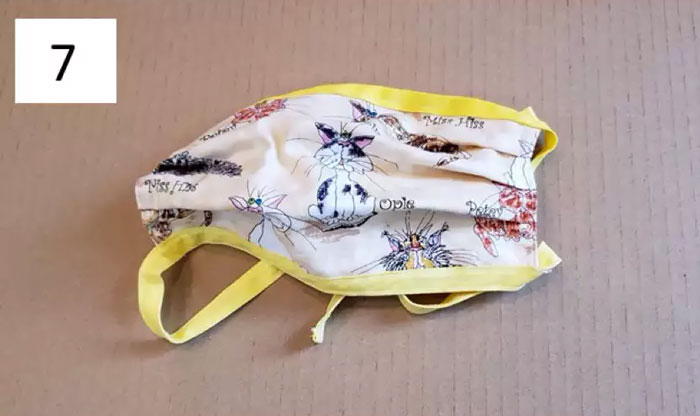

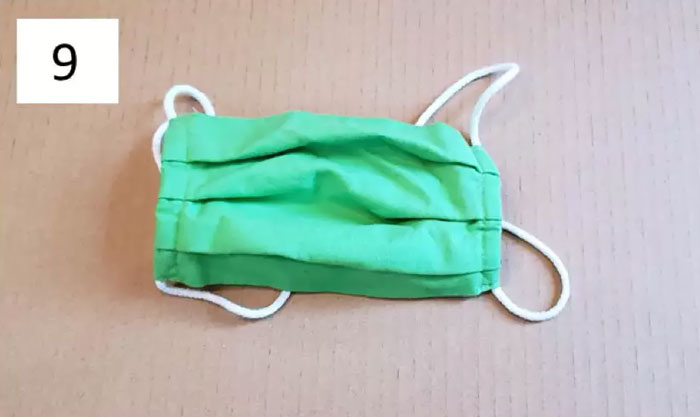
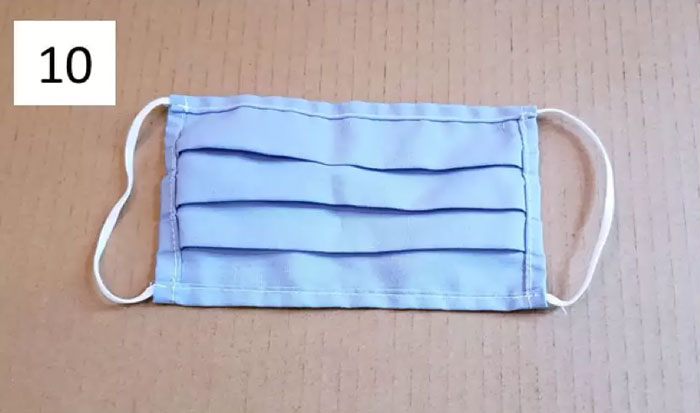
Neck fleeces performed the worst because the material broke down large droplets into smaller ones that spread into the air more easily
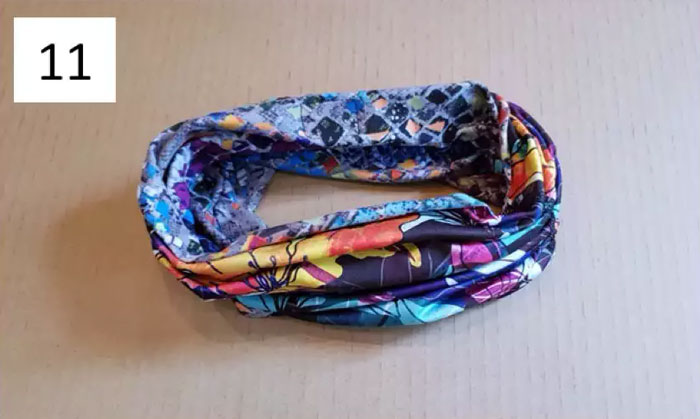
Bandanas did not provide much protection
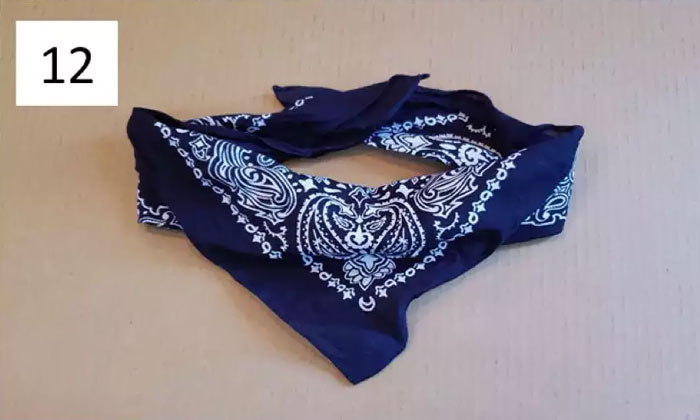
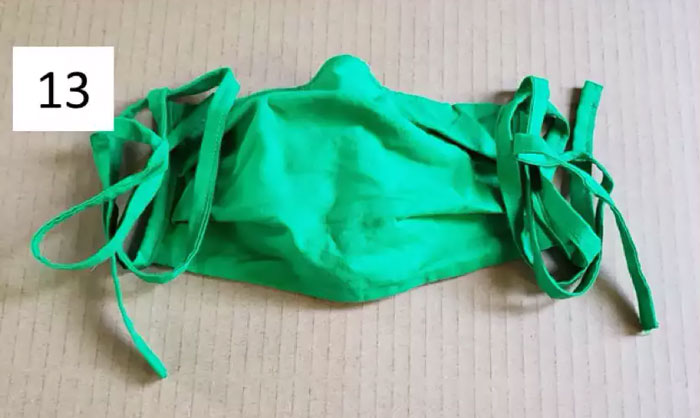
The Winner. N95 non-valved masks used by healthcare professionals proved to be the best at stopping the transmission of respiratory droplets

Image credits: dukehealth
In conclusion, N95 non-valved masks performed the best and neck fleeces the worst at protecting from the virus
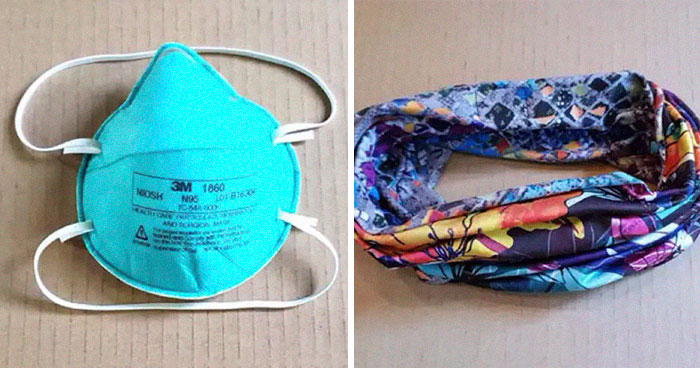
Image credits: dukehealth
A visual aid shows how the laser beam and sheet of light work to capture respiratory droplets
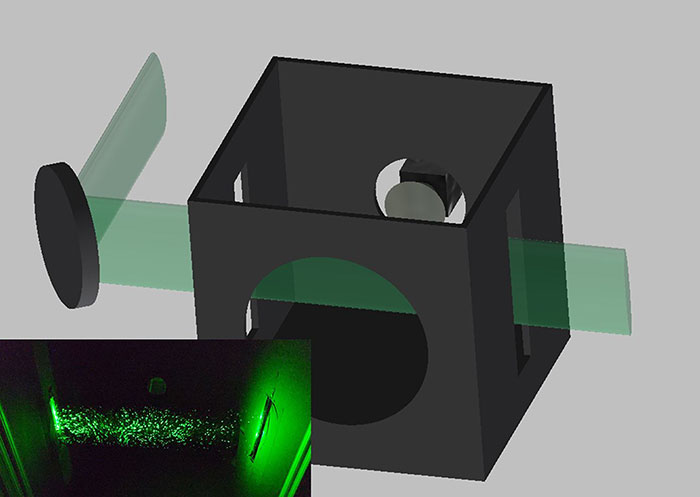
Image credits: dukehealth
The video shows how scientists at Duke University ran the experiment on the effectiveness of facial coverings
Image credits: dukehealth
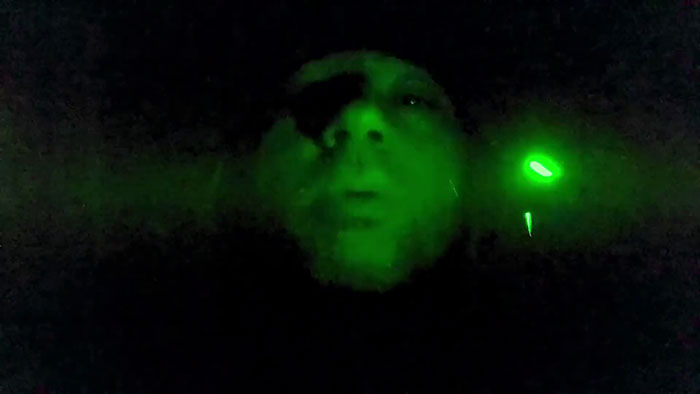
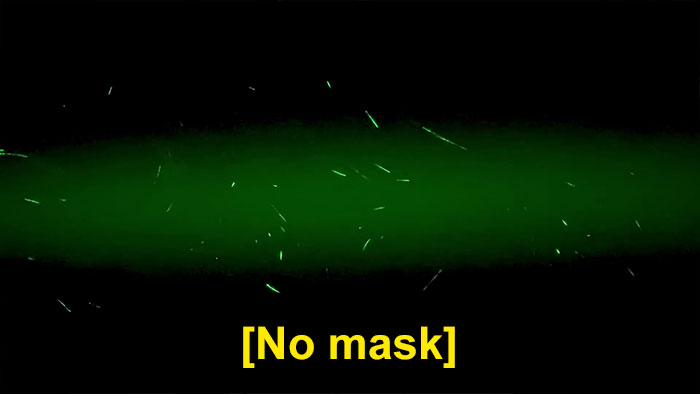
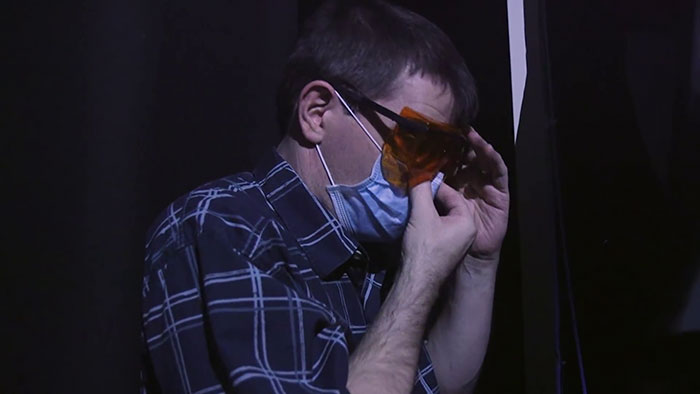
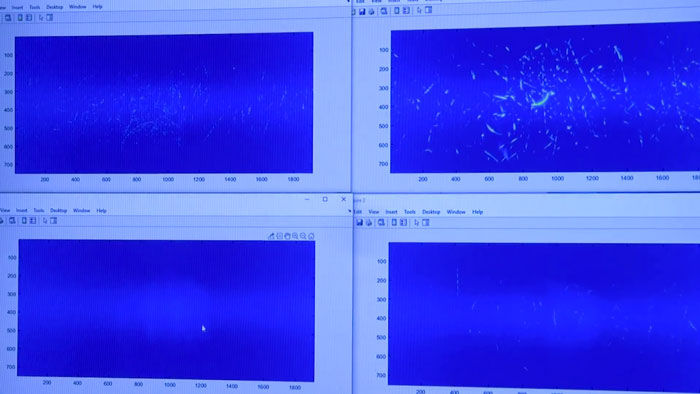
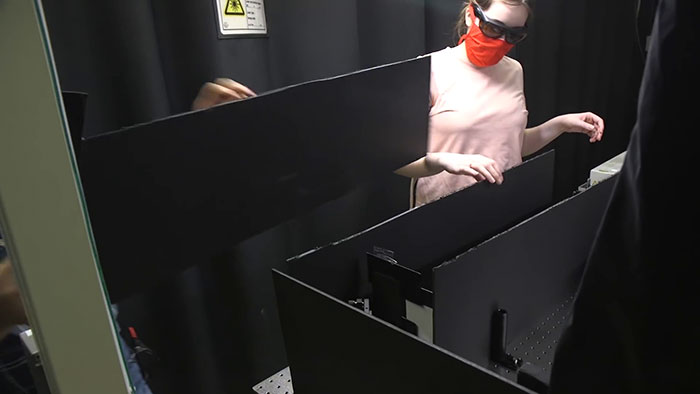

And this is what people had to say about the results

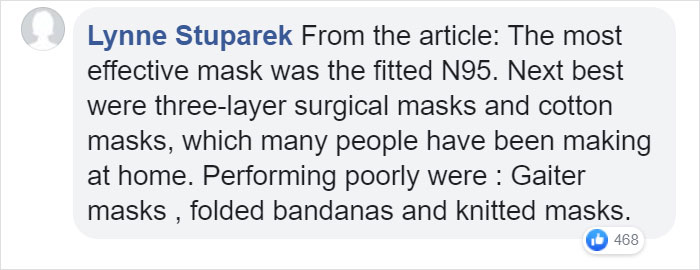

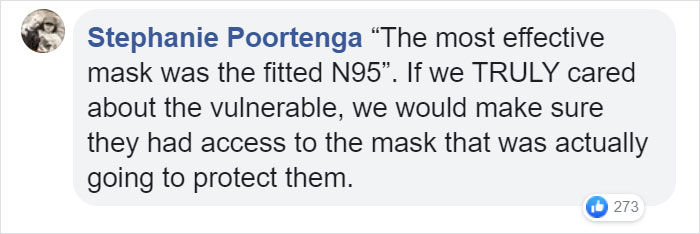
from Bored Panda https://ift.tt/3kusLDD

No comments:
Post a Comment